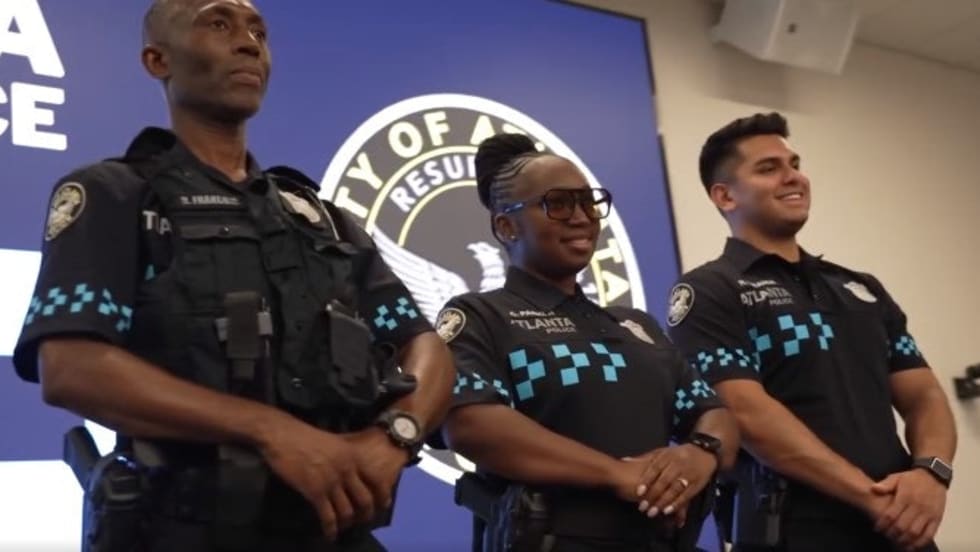Police Commissioner Anthony W. Batts came to Baltimore in 2012 pledging reform, and during his nearly three years with the department, there was hardly an issue that arose that he didn't meet with an advisory panel or outside experts.
When suspects died in police custody, he commissioned outside reviews. When a gay man was beaten, he formed an LGBT advisory council, one of several he would convene. A consultant's report, which he called his "bible," listed changes for nearly every corner of the Police Department, and he embraced a review by the U.S. Justice Department, including an ongoing civil rights investigation into allegations of excessive force.
But Batts, 54, struggled to gain buy-in to his efforts. As some members of the public questioned the agency's efforts at reform and transparency, police officers believed Batts' administration was cracking down unfairly and caving in to pressure, the Baltimore Sun reports.
Homicide rates seesawed, and officers said Batts never crafted a crime plan they could follow.
"I spoke with a lieutenant today, and he said to me, 'We have no direction,'" said Lt. Kenneth Butler, president of the Vanguard Justice Society, an organization for black officers.
Mayor Stephanie Rawlings-Blake said Batts improved public safety in the city, but she fired him yesterday because questions about his leadership had become a distraction amid rising crime.
Batts' interim replacement, Kevin Davis, praised Batts' efforts in the city. He said Batts was at "the top of the list" of reform-minded chiefs nationwide.










